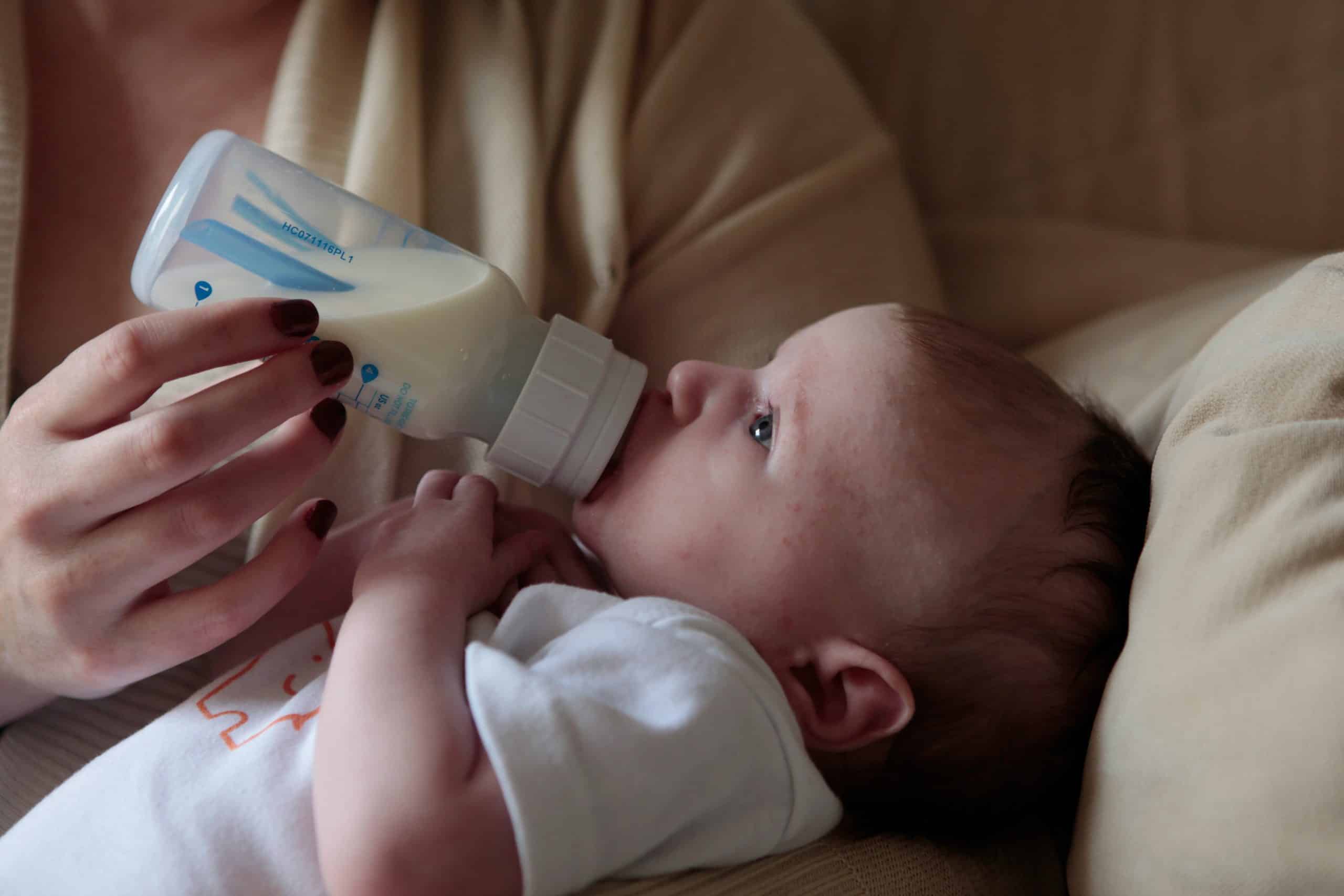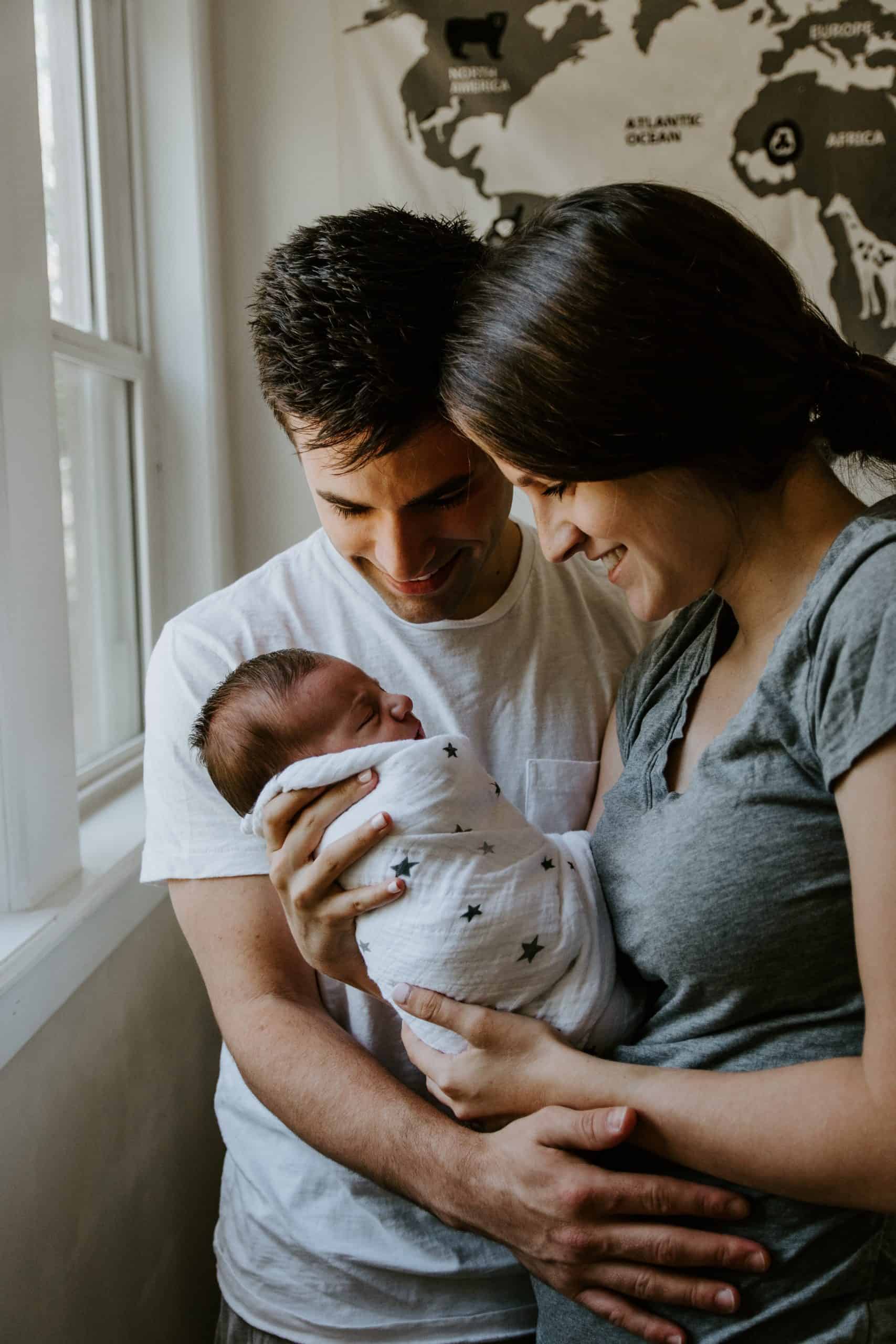Guest post by Ashley Taylor from https://Disabledparents.org
How to prepare for parenting with disability
Parenting has its ups and downs. However, parenting with disability presents greater challenges. This is not to mean that you are not capable of being a loving parent. It only means that you have to be more deliberate about planning and preparing for your parenting journey. Depending on the nature of your disability, everyday baby care duties may be more tasking.
Below are three key aspects to take into consideration when preparing for parenting with disability.
Pregnancy
Pregnancy care for women with disabilities presents unique needs. When preparing to conceive, it is important to discuss it with your doctor. This enables your doctor to determine whether there are potential risks associated with your condition and to be able to prepare for them.
If your condition puts your pregnancy at a high risk, you will need close doctor’s monitoring.
When looking for a hospital for prenatal care and maternity care, consider factors such as whether the health care facility has specialized equipment to cater to your needs. For instance, if you are on a wheelchair, consider whether the hospital has accessible equipment such as examination tables and cribs. If you have hearing disability, does the hospital offer interpreters?
Discuss vital childbirth aspects during your prenatal care visits with the doctor. Discuss about suitable birth positions and your most appropriate method of delivery. Some hospitals offer adaptive counseling to enable you prepare and transition well into your new role.
During the pregnancy take care of your body. Consume healthy foods, take the recommended supplements and take time rest. Educate yourself about parenting with disability and the various aspects of baby care.
Your home
If you are visually impaired or physically impaired, it is vital that your home is easily accessible and you can move around with ease. Ensure exterior walkways and entrances are well-lit. Inspect your home for tripping hazards such as uneven carpets, non-skid rugs and slippery floors and make the necessary adjustments. If you live in a multi-story house, it is advisable to replace stairs with a ramp. Otherwise, make sure that staircases are guarded by handrails on both sides.
Adjust the cabinets and shelves, so they are within reach for your height. Secure rugs on the floors or line them up with non-slip grips. If you are in a wheelchair, ask a contractor or builder to widen doorways. Other options include temporarily removing the doors or installing expandable hinges. Baby-proof and install safety equipment such as carbon monoxide and smoke detector.
Help and support
Identify potential limitations that are presented by your nature of disability and plan for them ahead of time. For instance, as a disabled parent, you may face prejudice for your condition that might make it difficult to find a job. In such a case, begin to identify early financial aid and resources that are available for parents with a disability.
Do not be afraid to ask your family, friends and spouse for support. If you are in a wheelchair, it may be helpful to have someone accompany you to your hospital visits. When you feel emotionally overwhelmed both before the baby arrives and after, seek counseling to help you cope better.
Having disability does not make you incapable of being a parent. Rest assured that you will be able to maneuver the challenges of parenting with disability. You, too, will be able to enjoy the perks of parenthood.
Photo Credit: Pixabay




